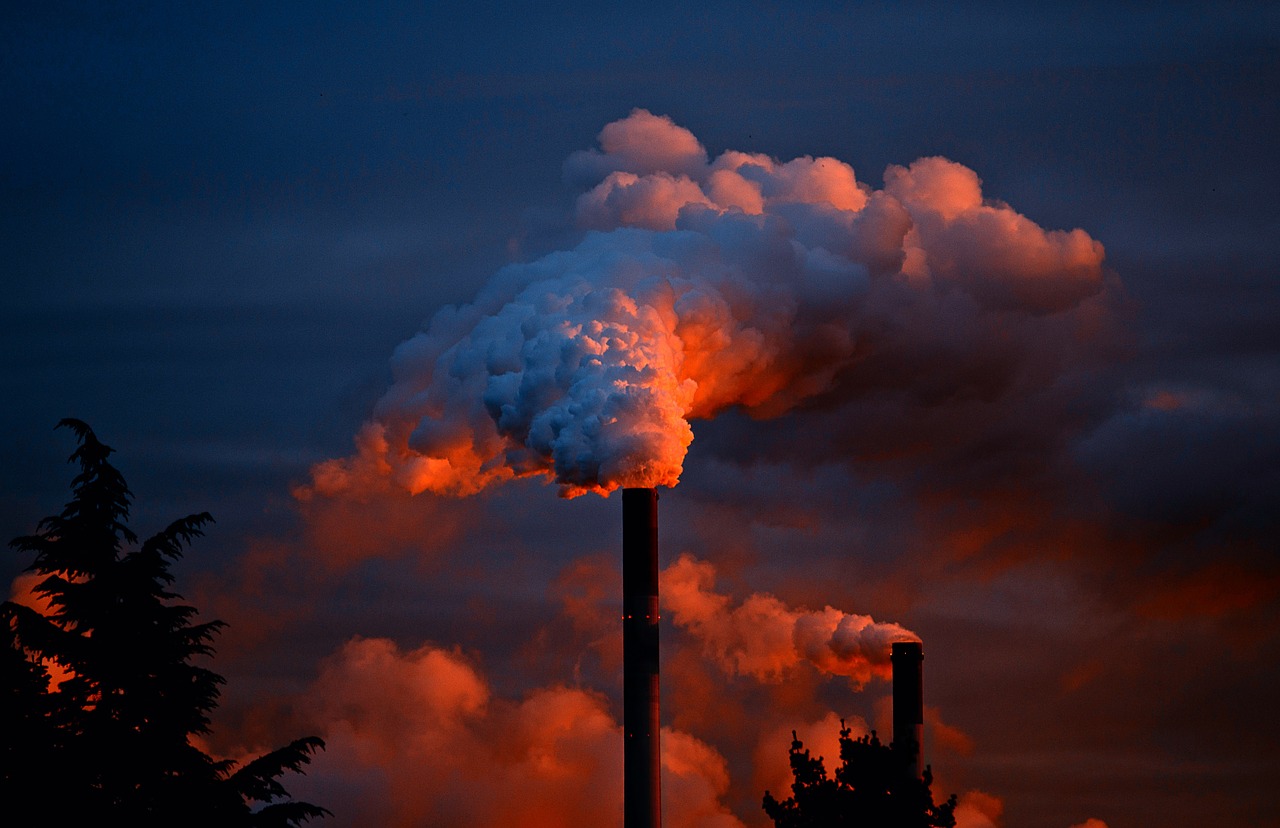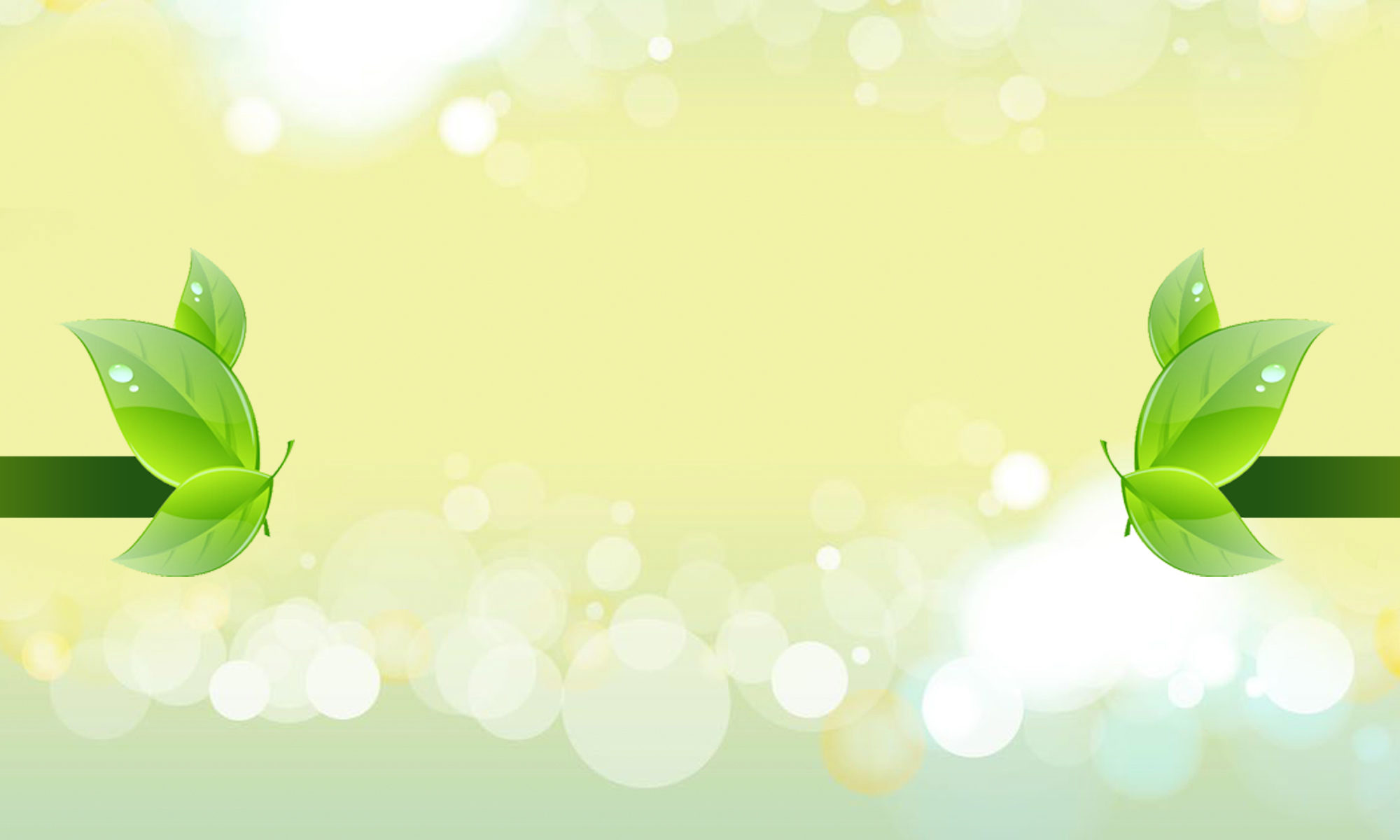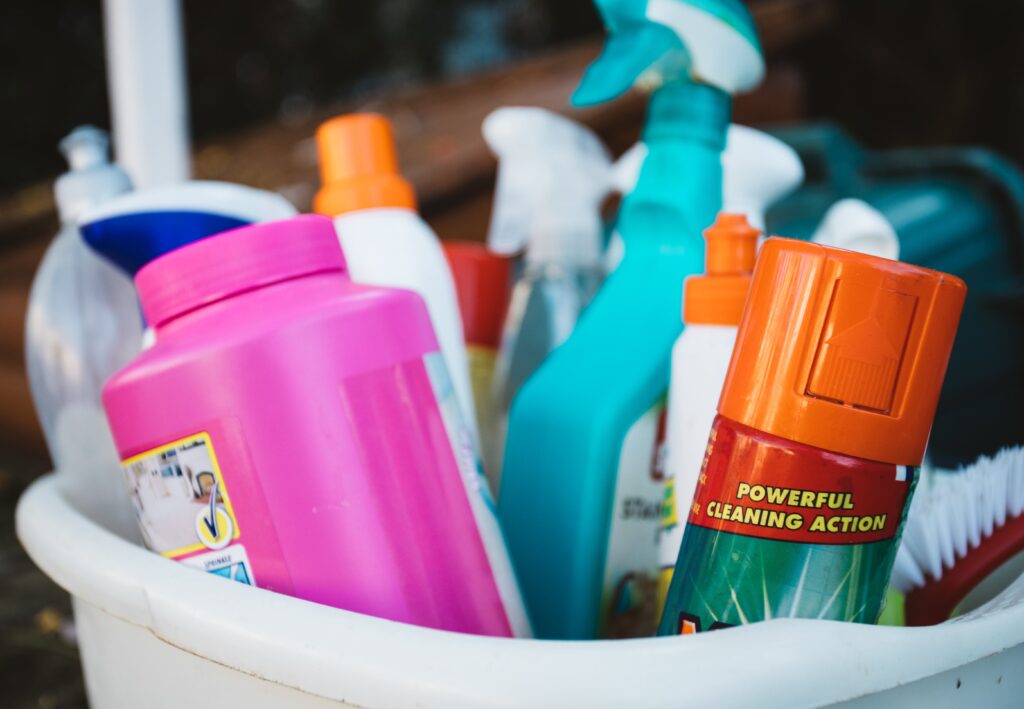
When it comes down to environmental harm and climate change, no one singular person is going to prevent it. It will take a global movement of mass proportions to move the needle in the right direction. You can be doing your part as best as you can, living a plastic-free, waste-free lifestyle, but ultimately if society doesn’t embrace these methods as a whole, we will never end up preventing a catastrophic climate change happening on our Earth. That doesn’t mean you should abandon your green methods or give up hope — but it’s important to know that while you may opt to skip the plastic straw, this change is simply not enough.
The blame has been placed on consumers
The thing of it is, while it’s nice to do your part, and in doing so can help people be more mindful of pollution and the state of the Earth, opting to live a waste-free lifestyle on an individual basis is not going to change much. It’s a hard pill to swallow; for years we were sold the idea that if we recycle, and reduce our carbon footprint, that the Earth would be OK. In reality, it’s much more complicated than that. Worse, we’ve been taking the blame as consumers to opt out of things that are detrimental to the environment, but yet those products are still on the shelves. For example, if plastic bottles are such an issue (and they are), why are companies still allowed to produce them?
The onus should be on corporations
If the Coca-Cola company produces 110 billion plastic bottles per year, like they did in 2016, it is expected that those bottles will end up in the environment somewhere, and usually not in any place beneficial. Why are they still allowed to bottle and sell their product in a detrimental plastic bottle? Essentially, if Coca-Cola stopped selling plastic bottles all together tomorrow, that would be 110 billion less plastic bottles per year potentially ending up on the side of the road, in rivers, in the ocean, and eventually degrading into microplastics. Coca-Cola, a massive corporation, could create a colossal environmental change by re-opting to use glass bottles instead, but for cost reasons, instead remains committed to this level of corporate pollution.
Who’s most responsible?
But Coca-Cola isn’t the only corporation that is responsible for massive levels of pollution to our Earth. The meat industry, especially in terms of beef, has massive carbon emissions as well as deforestation to account for. Consider also Nestle’s controversial draining of public lakes and other waterways that is then repackaged and sold at a considerable mark up in plastic bottles (along with a long history of other troublesome business practices), energy corporations that mine or produce fossil fuel energy methods that dump massive amounts of waste into our environment, chemical companies like Bayer (owner of Monsanto, equally as hated as Nestle for their GMO practices and more), and others.
So what do we do?
Understand that simply doing our part just won’t work. We need to place pressure on the major polluters of the world into changing their ways. Becoming informed about specific areas of pollution and what kind of bills may be working their way through Congress or other legislative groups throughout the world to prevent them is one step you can take. Call your Senators and House representatives to find out what they’re doing to curb climate change and what their stance is. Back people who have your interest — and the Earth’s — at heart and promise to do what they can to turn our sinking ship around. Let’s do what we can — together — to save our Earth, and ourselves in the process.





